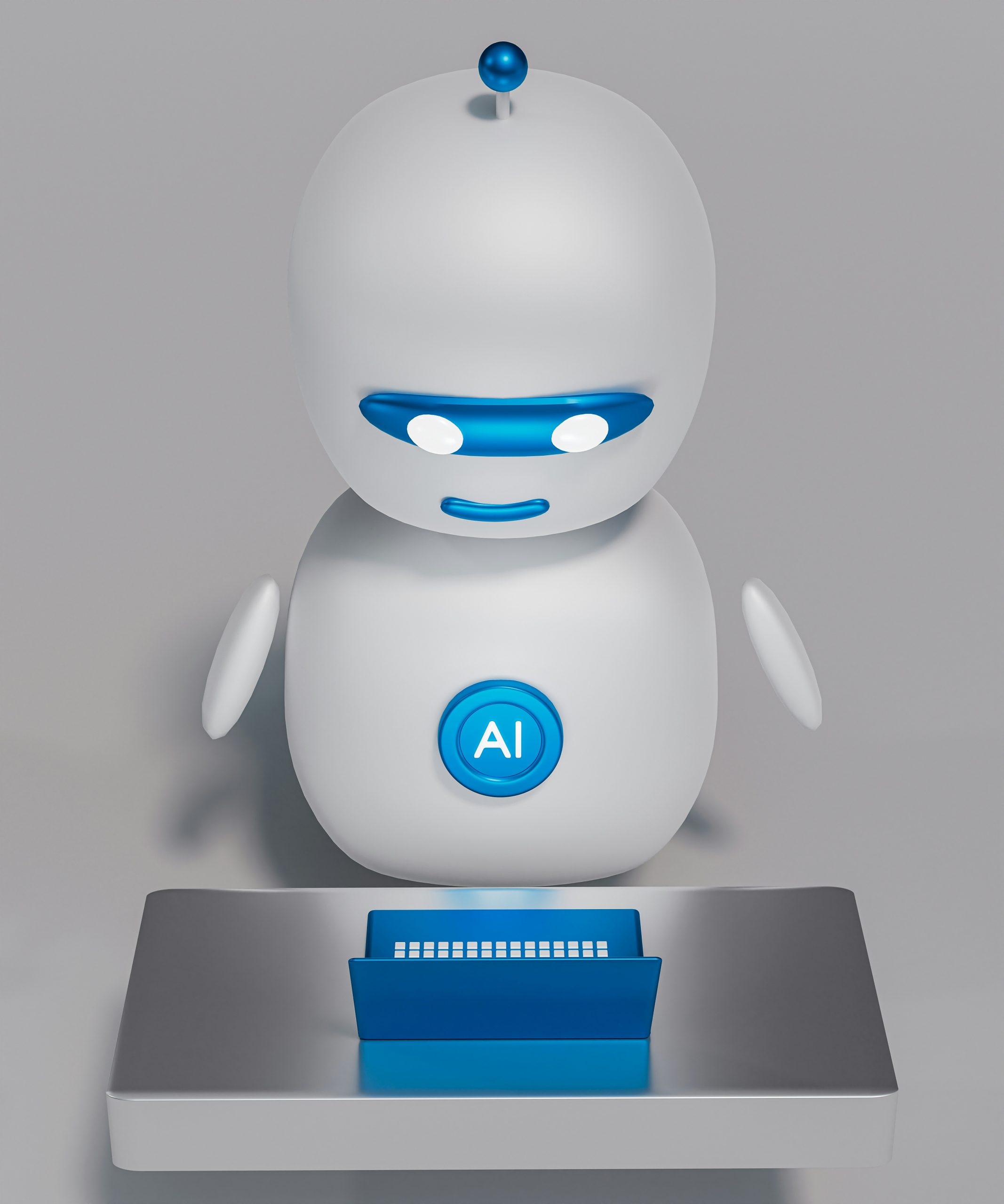
31 Jan How Recruiters Use AI to Assess Your Job Applications
Author: Michael Rajasingam
In this article, we look at how recruiters are starting to use AI in the recruitment process.
Posts all across social media over the last few months have been about how to cater to the AI assessing your job application. They talk about how to make sure you have the right key words to make it past the automated system that will reject you before your CV is seen by human eyes.
Yes, key words are useful, but likely not for the reason you think.
It’s frustrating to have dozens of job applications rejected for seemingly no reason, especially when you’re desperately hunting for a job. But there also seem to be some predominant misconceptions that may be making your life harder than it already is.
Applicant Tracking Systems (or ATSs for those of us who can’t be bothered typing a full phrase over and over) are systems that recruiters use to track the candidates that apply to their jobs, and any notes they want to add based on your conversations with them and the hiring team.
No organisation worth it’s weight has an AI that filters these applications without it being reviewed by a human being. Why?
Because AI isn’t there yet!!!
We’ve seen the bias in generative AI. I’m hoping you’ve seen articles or videos on unconscious bias. You’ve also likely written a CV, and you know both what you do and don’t include. Imagine the dystopian sci-fi movie based on a world where an AI is trained on that.
From my years of experience in recruitment at multiple companies, including working for an agency with a range of large enterprise to medium sized clients, the only reasons I have seen applications get automatically rejected is when a candidate doesn’t meet a core need of a role, like needing Australian Citizenship for Security Clearance.
So is it important for me to have the key words in my CV?
Well, yes.
The truth is, recruiters aren’t technical people (save for the rare exception). A lot of them don’t understand how certain tools work, about project lifecycles or the difference between a data centre and a data warehouse.
Recruiter’s also have sometimes hundreds of profiles to review for a role. Make it easy for us to want to proceed with you.
If you simply and clearly tell us what projects you have worked on and what you did (please don’t mention what other people worked on that you didn’t touch), we’re way more likely to give you a call to find out more.
If you make it hard to read and understand, if we do call you, you’ve already placed yourself behind the 8 ball.
Having the tools you’ve listed in a way that an ATS can index will mean when a recruiter runs a boolean search on the database of candidates who anyone at their company has ever previously talked to, your name will come up front and centre. This database is where your profile lives when we say we’ll keep your CV on file.
No, there is no AI determining if you’ll get the job or not. But if a recruiter is hiring for an Azure Data Engineer with Snowflake and dbt experience, and they have 87 CVs in their inbox, they’re starting with the ones that have the Snowflake and dbt in big bold letters.
Good luck!
Learn more:
How to start a career in data engineering

